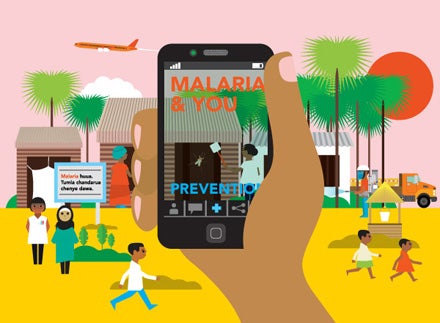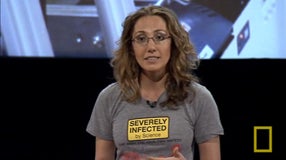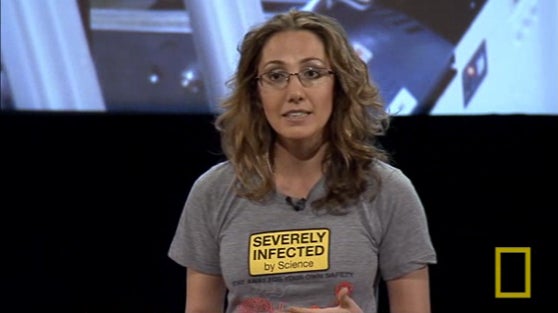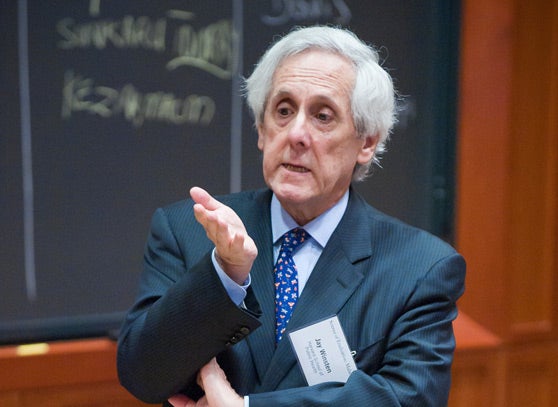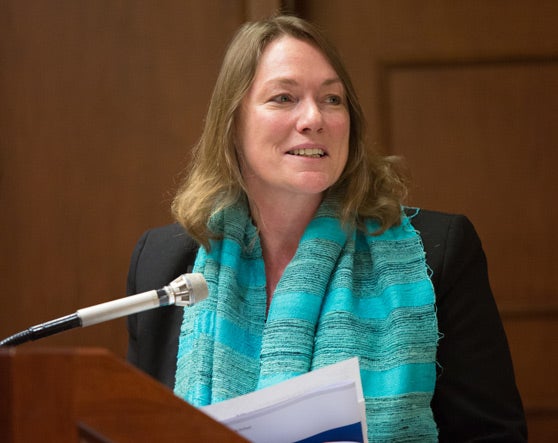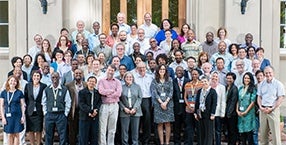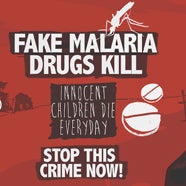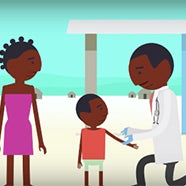Mobilizing Harvard to Defeat Malaria
Harvard Malaria Competition
To harness the creativity, influence, and reach of the Harvard community, the Defeating Malaria initiative and partners at the MCJ/Amelior Foundation have launched a university-wide Harvard Malaria Competition. The competition invites students to develop ways to spark vibrant conversations on campus to both increase awareness about the disease and engage Harvard faculty, students, alumni, and supporters. The competition presents an excellent opportunity for students with a passion for problem solving, innovation, global health, and social responsibility to generate new ideas to address the global problem of malaria.
2015-16 Harvard Malaria Competition winners aimed to raise awareness by using social media, leveraging existing excitement on college campuses across the U.S., and giving the Harvard community, and students around the country, easy access to exciting information on malaria and simple ways to share information and spread the word.
Malaria Assassins is a novel advocacy campaign led by Harvard College students to raise awareness of malaria by pairing the enthusiasm of college students with the popular game ‘Assassins.‘ This interactive, live-action game is played across college campuses every year, and was paired with the imperative to address malaria when it was played at Harvard College. Students had the opportunity to learn about the latest progress towards malaria eradication and spread awareness – all while vying for the top spot in the game.
Harvard College undergraduates Andrew Chang, Bianca Mulaney, Brendan Eappen, Amna Hashmi, Pranay Nadella, and Willy Xiao also leveraged the excitement about the Malaria Assassins game by launching a social media malaria awareness campaign on Facebook and Twitter.
Smile, Share, and Be Aware: A World Malaria Day Campaign
Harvard College sophomore, Ava Violich, led an innovative and interactive malaria campaign called, “Smile, Share, and Be Aware,” to spread information on malaria and inspire action in the fight against this global disease. This photo booth campaign captured fun shots of students, faculty, and members of the Harvard community on World Malaria Day; the campaign enabled many to learn more about malaria and how to end malaria for good. Participants that attended the global movement to eradicate malaria in Harvard Yard shared their shots on Facebook, Twitter, and Instagram (and kept photo-strips as a keepsake!).
